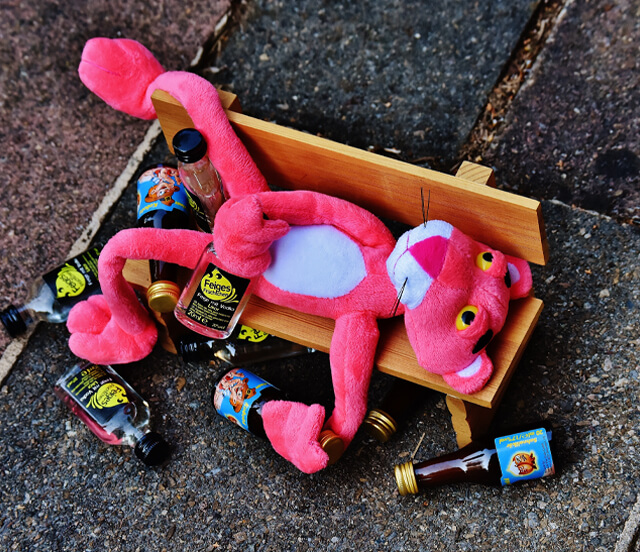by Taruna Hariparsad
Apocalypse- this must be the most used word of 2020. From the Covid-19 pandemic, to murder hornets and what seems like the gradual fall of democracy across the globe, the 2021 New Year started off with an all too familiar, “my fellow South Africans”, sending us into another restrictive lockdown level, feeling a little bit like déjà vu.
Perhaps, one of the most contentious issues with the lockdown, was the banning of alcohol of and cigarettes, issues which may very well see our government in some hot water (but probably not). The decision to ban alcohol and cigarettes was questioned for a number of reasons, such as the lack of evidence to support that it would make a difference to transmission rates and negatively impact health in relation to Covid-19. There were many assumptions made about intrinsic motivators in terms of consumption and subsequent (violent and irresponsible) behaviour. While admittedly, there was a lot that we did not know, there are a number of things we do know.
In terms of alcohol consumption, South Africa consistently ranks amongst the highest alcohol-consumption-per-capita countries in the world. Additionally, according to crimes stats, alcohol played a part in approximately 8.4 per cent of violent crimes and given high violent crime rates, that is a large number. Another alcohol-related health issue is Fetal Alcohol Spectrum Disorder (FASD). Research indicates that in South Africa, FASD rates range from 29- 290 live births per 1000, which is much higher than the global average[1]. At the same time, alcohol advertising exceeds R1 billion, while excise taxes on alcohol contribute about 10 per cent to GDP[2].
Now, the relationship between violent crime, violence and other negative impacts is not mirrored in many other places in the world. In fact, the countries which do consume the most alcohol are mostly located in Europe, where the violent crime rates are lower. South Africa however, is unique due to contextual factors such as high rates of poverty and inequality, cultural factors and a number of other influences and such a comparison is flawed in many ways. However, it is the country’s history with the introduction of alcohol for transactional purposes that is perhaps the most forgotten, but probably the most important.
Alcohol addiction was commonly used by colonial powers to keep and control workers and indigenous people. Starting out with trading alcohol for goods and land, to implementing the “dop system”- paying labourers with cheap, poor quality alcohol. This was particularly prevalent in the Western Cape, and was around as late as the 1960’s. Alcohol was used as a weapon and a tool to oppress people in South Africa.
However, the impact may be overestimated given that movement was also restricted. While local and national governments tinker with the idea of restricting alcohol on a more permanent basis, the root causes of alcohol abuse are over looked. Banning alcohol is like placing a Band-Aid over a severed artery. The aim should be to change the relationship with alcohol, rather than restrict it. From a broader policy formulation level, problem identification needs to rely more on evidence and root cause analysis rather than be reactionary.
Local government needs to look at more trauma-centered, integrated approaches that deal with the systemic issues related to alcohol and harm associated with alcohol. This needs to happen at a strategic, policy and implementation level. This is one important lesson that local governments have learnt during the pandemic and associated lockdowns. The most pertinent issues in society are integrated- there is no quick fix, or silver bullet. All the cracks in the system become exposed in ways they have not before.
This can be positive as it has forced communities and individuals to look at themselves and each other in more a connected way. The pandemic has been able to cause self-reflection in a way that no motivational speaker or influencer has been able to. We will undoubtedly learn more lessons – but somethings will always remain constant: somethings must die so that new things can grow in those spaces. Perhaps, instead of looking at the apocalypse as the end- we can see it as a new beginning.
[1] Fetal alcohol spectrum disorders: Prevalence rates in South Africa. 2016. South African Medical Journal. http://www.samj.org.za/index.php/samj/article/view/11009/7444
[2] Statistics in South Africa. 2019. http://www.statssa.gov.za/wp-content/uploads/2019/06/pie1.png





